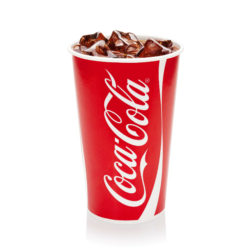
The lawsuit was filed on behalf of The Praxis Project by the Center for Science in the Public Interest and the Public Health Advocacy Institute, both consumer advocacy groups.
The groups accuse the Coca-Cola Co. and the ABA of downplaying the risks to boost sales, despite scientific evidence linking sugary beverages to obesity, diabetes and cardiovascular disease.
Specifically, the 40-page complaint claims Coca-Cola and ABA engaged in misinformation campaigns “to thwart and delay efforts of government entities to regulate sugar-sweetened beverages through warning labels, taxes and other measures designed to make consumers aware of the potential for harm.”
Praxis accuses the companies of using euphemisms such as “balance” and “calories in, calories out” to mislead consumers. It also accuses Coca- Cola, the world’s largest beverage company, of trying to mislead the public into thinking that lack of exercise was the real cause of obesity.
“Although defendants have publicly pledged allegiance to objective scientific criteria, they have instead represented falsely that sugar-sweetened beverages are not scientifically linked to obesity, diabetes, and cardiovascular disease, and have waged an aggressive campaign of disinformation about the health consequences of consuming sugar-sweetened beverages,” Praxis says in the complaint.
“The notion that Coke’s products can be part of a healthy-diet is imprinted in the minds of millions of people and requires corrective-action,” Maia Kats, the Litigation Director of the Center for Science in the Public Interest (CSPI) which helped file the lawsuit, stated.
Filed in California federal court Wednesday, the complaint cites a California law prohibiting businesses and organizations from engaging in false and misleading advertising. The complaint cites numerous examples of Coca-Cola and ABA officials making false and deceptive statements about sugar-sweetened drinks.
For example, Coca-Cola’s senior vice president, Katie Bayne, claims that “[t]here is no scientific evidence that connects sugary beverages to obesity.”
“Coca-Cola is an excellent complement to the habits of a healthy life,” said former Coca-Cola chairman and CEO Douglas Ivester. “There is no unique link between soda consumption and obesity,” claims a post on the ABA’s website.
Coca-Cola spokesman Kent Landers called the lawsuit “legally and factually meritless. We take our consumers and their health very seriously and have been on a journey to become a more credible and helpful partner in helping consumers manage their sugar consumption.”
The ABA commented that the lawsuit was “unfounded” and that the association does its part to to reduce the amount of calories and sugar from beverages by working with health groups.
In October, Coca-Cola’s Chief Operating Officer, James Quincey announced that the company has more than 200 “reformulation initiatives” to reduce added sugar in its beverages.
However, according to the lawsuit, “a 16-ounce bottle of Coke has 12 teaspoons of added sugar, a 15.2- ounce bottle of Minute Maid Cranberry Grape Juice drink has 13 teaspoons, and a 20-ounce bottle of Vitamin water has eight teaspoons of sugar.”
The American Heart Association recommends no more than nine teaspoons of sugar per day for men, and six teaspoons for women. One teaspoon of sugar has approximately 16 calories.
Among the consumer advocacy groups’ requests is an injunctive order to stop Coca-Cola and the ABA from promoting the idea that sugar-sweetened beverages are not linked to obesity, diabetes or cardiovascular disease, and require them to disclose research related to the negative effects of consuming sugary drinks.
The Praxis Project also wants Coca-Cola and the ABA to fund a “corrective public education campaign” about soda consumption, and feature the connection between health problems and soda prominently on their websites.
Praxis Project is represented by Maia Kats with the Center for Science in the Public Interest, Andrew Rainer with The Public Health Advocacy Institute, and Michael Reese with Reese LLP.
The Coca-Cola Sugary Drinks Lawsuit is The Praxis Project v. The Coca-Cola Company, et al., Case No. 3:17-cv-00016-JSC, in the U.S. District Court for the Northern District of California.
ATTORNEY ADVERTISING
Top Class Actions is a Proud Member of the American Bar Association
LEGAL INFORMATION IS NOT LEGAL ADVICE
Top Class Actions Legal Statement
©2008 – 2024 Top Class Actions® LLC
Various Trademarks held by their respective owners
This website is not intended for viewing or usage by European Union citizens.



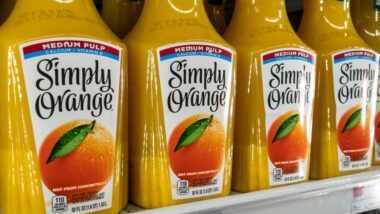
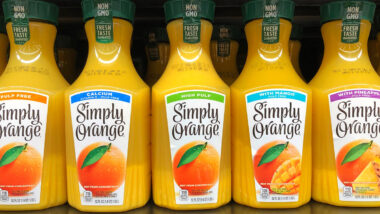
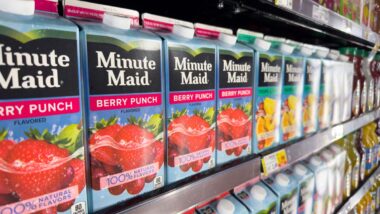
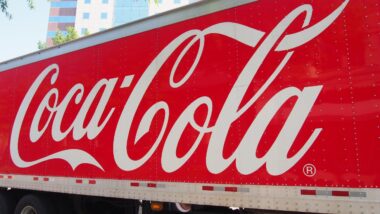
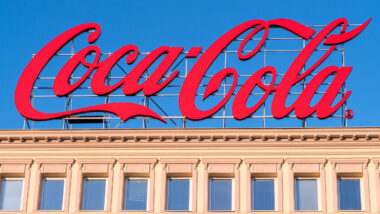

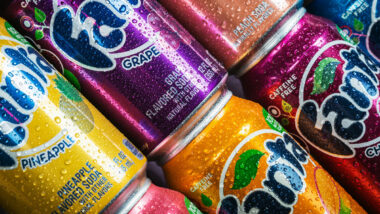
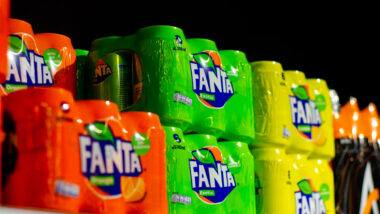

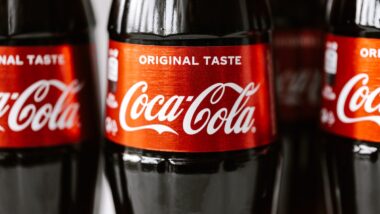
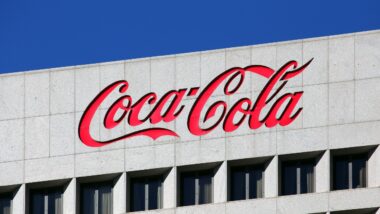

72 thoughts onCoca-Cola Downplays Health Risks of Sugary Drinks, Lawsuit Says
I USED to drink 5to 7 20oz bottles of coke a day. I recently i the past 5 months been having medical issues and stopped drinking the sofa and I lost 35lbs. No one has the ability to tell me that this drink is good for you in any way possible.
Drinking Coca-Cola has made me gain weight and elevated my sugar levels. I have been advised to stop drinking sugary sodas.
I also have drank coke for many many yrs have a closet full this momet i would like yo be inculed.
We have been drinking it for years as well, when I was a little girl, and has always been a unhealthy drink.
Yes i been drinking coke for 10 years and when i stop i feel tired
I have been drinking Coca Cola for many years and yes when I stopped I did notice my energy level a lot lower . The company should take responsibility and any other retailers that sell the consumer this product!
I would like to join the lawsuit I am 65 yrs , old retired and have drank coke for yrs and I am now overweight and I know it’s because of coca cola. I am addicted to coke have tried to quit but I just can’t get used to drinking water. I think this is another reason people can’t quit drinking it as a smoker has trouble to quit smoking. It had nothing to do with the label, being able to read it, it’s about an addiction to it no matter what anyone replies.
I noticed that when I stopped drinking coke during a fast, I did lose the belly fat. Once I started back, it’s true, the belly came back!
i’m addicted to coke. Without it I have massive headaches and have no energy. I would like to stop, but don’t like the headaches. Can I join the law suit. Also with age I’m starting to pack on the pounds from the sugar. Thank you Melanie
millions are. diet coke is the worst. Mountain Dew is the gateway drug for Heroine addicts.
If you know that Coke is not extremely healthy and it concerns you don’t buy it. Every day Dr’s and news reports and other places tell you that too much pop is bad for you. How could you not know? If you are concerned so not buy it. I like to drink Coke. It is my favorite pop. Fountain Coke is great and the best is a cold glass bottle of Coke. No one forces you to buy it or drink it or let your children have it. You choose to buy and consume these items. Yes I know it is not the best for me and I still choose to drink it, that is my choice. The Coke company does not come to your home and force you to buy and drink it.
addicts don’t have a choice. Coke is as addictive as Heroine! and there’s no cessation program.